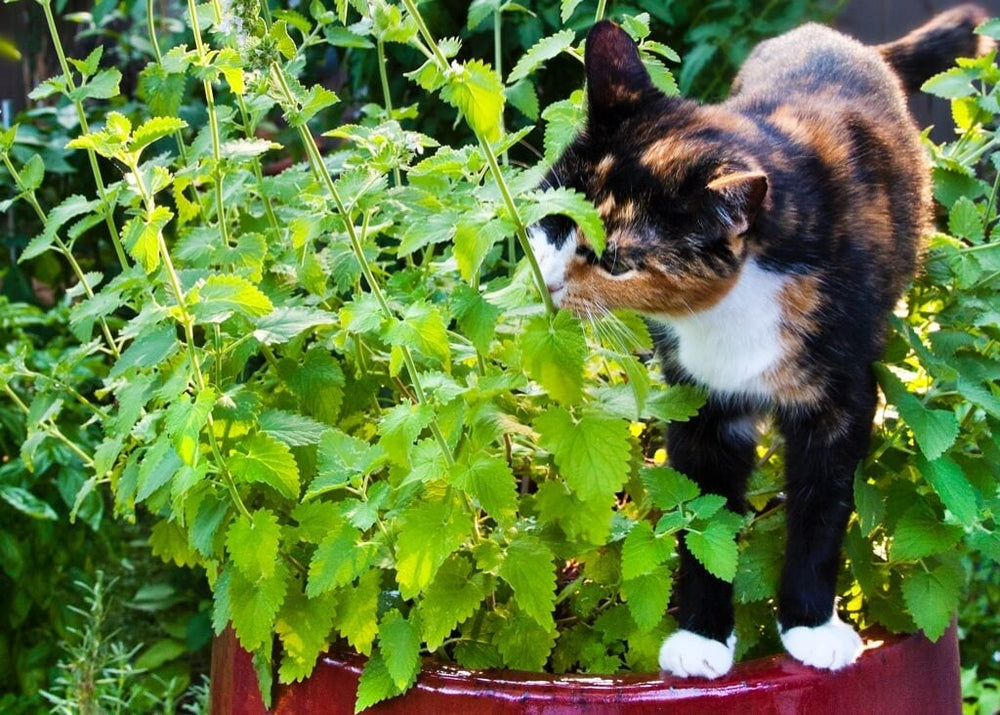Let's face it: Pets are terrific beggars, turning their sweet eyes on our human food until we relent and share. That's why you'll be happy to learn that many of the veggies and herbs you grow in the garden also provide nutritious, low-fat, low-calorie treats for your pets, be they dogs, cats, guinea pigs, hamsters, or even chickens. Of course, always check with your veterinarian before feeding your fur (or feather) baby new foods, and if your pet has a sensitive stomach, start with a small serving. Also, remember that pets are like kids—they can have finicky taste buds, so they may like some of the foods on this list and not others.
To begin growing fresh food for your pets, look for Bonnie Plants® to get your garden off to an impressive start. Faster than seeds, these vigorous, top quality young plants are already well on their way to maturity, so your furry friend won't have to wait quite so long to chow down. One of the easiest way to grow is in containers on the patio or balcony, or even indoors in a sunny spot. Choose a container that offers good drainage and is low enough for your pet to reach, and fill it with Miracle-Gro® Performance Organics™ Container Mix. It's naturally rich and nutrient-filled, thanks to the aged compost it contains.
Try these fresh-grown snack options for your pet:
Spinach: Popeye's favorite leafy green isn't just for humans. Rich in vitamins and minerals, spinach can help fend off inflammatory and cardiovascular issues. However, it's also high in oxalic acid, which can block the ability to absorb calcium. Give it in small portions to your dog, and if your cat suffers from calcium oxalate bladder stones, skip the spinach.
Carrots: Puppies are adorable, but when they're teething, they can wreak havoc on your table legs, favorite shoes, and fingers. Try offering your sweet baby a whole, frozen carrot to soothe teething pain. Carrots provide a great low-calorie snack for older pets, too, with high fiber and lots of beta-carotene, which may help prevent cancer and heart disease. They also make a great once-in-a-while chewy snack for guinea pigs and hamsters.
Broccoli: High in fiber and vitamin C, this low-fat treat is best fed carefully. Avoid the florets for dogs (they can cause tummy irritation), instead feed them the stalks cut into small pieces. Many cats like nibbling the florets, but steam the broccoli first. Hamsters also enjoy broccoli in moderation.
Sweet Potatoes: Cook up a fiber-rich sweet potato and you're adding vitamins E, A, B-6, and C, as well as calcium, iron, folate, potassium, copper, and beta-carotene to your pet's meal. Try cubing and boiling sweet potatoes, or dehydrating thin slices in the oven or a dehydrator to make yummy "chips" for your pet.
Celery: Do your eyes water when your dog smooches you? While a furry buddy may look sweet, sometimes doggy breath can be, well, a bit unpleasant. Good news! Celery helps freshen dog breath. Plus, it's low in fat, high in fiber, and filled with vitamins and nutrients. To help keep Spot safe from choking, cut celery into bite-sized pieces.
Cucumbers: An excellent treat choice for pups on the pudgy side, cucumbers contain zero carbs, fats, or oils, but they're filled with vitamins K, C, and B-1—and are just the right shape for gnawing. Chickens and hamsters love them, too!
Pumpkin: When Fido is experiencing constipation or diarrhea, no one is happy. Puréed and mixed in with your pet's food, high-fiber pumpkin helps remedy those kinds of digestive issues. What's more, it's low in calories and high in fiber. As for the pumpkin seeds, feed them to the chickens—the seeds are thought to be a natural way to de-worm.
Pet Grass: Pet grass can help relieve your pets' grass-chewing, houseplant-eating urges. It's easy to grow, and even helps clean teeth.
Catnip: Fresh catnip offers loads of benefits for your pet. It relieves stress and nervousness to create happy cats, plus it grows easily. Also, a "tea" bath made from catnip can help relieve Snowball's itchy skin.
Lettuce: Low in calories but high in vitamin C, potassium, and fiber, lettuce is a healthy snack for pets, but give it to dogs in moderation, as it can cause stomach upset. Choose deep green and red lettuce varieties instead of iceberg when feeding guinea pigs and hamsters. (Iceberg lettuce contains a substance that is potentially toxic to those little animals, plus it can cause diarrhea.)

Oregano: Filled with antioxidants and flavonoids, oregano offers help with digestive issues like gas and diarrhea. Try adding a bit to your pet's food whenever needed.
Rosemary: High in iron, calcium, and vitamin B6, rosemary is known for its antioxidant properties and is non-toxic to pets.
Peppermint: Fragrant peppermint helps soothe upset stomachs and travel sickness. If your pet suffers from itchy skin, try an herbal dip made from steeping chamomile, peppermint, and rosemary in boiling water for 30 minutes. Let it cool, then bathe your pet in the water for relief.Basil: Not only is basil delicious in your meals, but it's also a great treat for your pets, offering antioxidant, antiviral, and antimicrobial properties. It also helps reduce inflammation, making it a particularly good choice for pets with arthritis. Sprinkle a bit on your pet's food or offer a leaf as a treat.
Parsley: Filled with vitamins, parsley also has impressive breath-freshening abilities—and if you've smelled your cat's or dog's breath recently, you'll know why that's such a big deal. It's also a terrific stomach soother. Parsley makes a tasty treat for guinea pigs and hamsters, too, in small doses.
See, there's no reason your pets' snacks have to be store-bought. Just remember: Always introduce new foods slowly to avoid upset tummies (watch for any changes in your pet) and be careful to wash all produce before passing it along to your furry (or feathery) pals—if you can stand to part with all that homegrown goodness, that is!

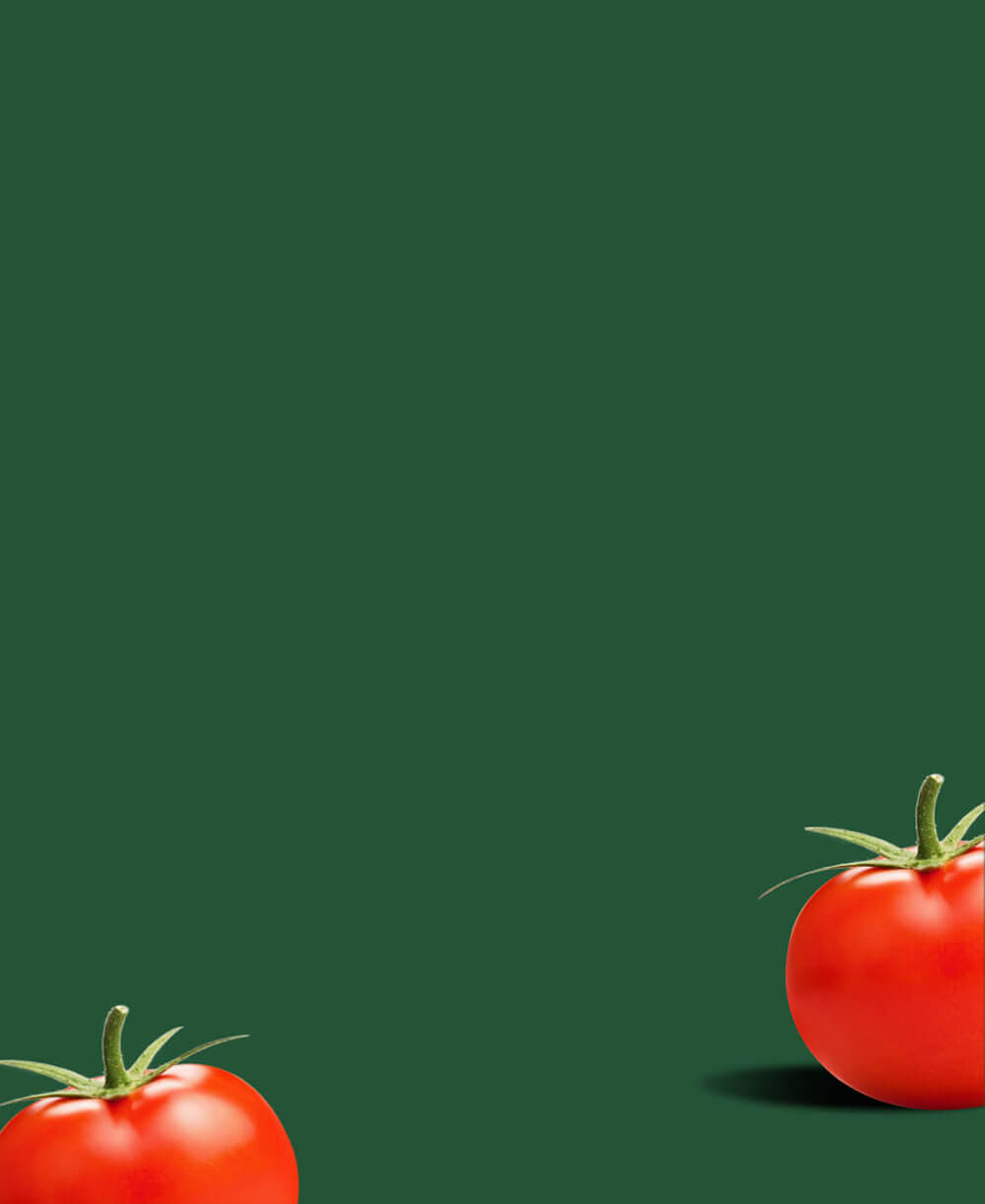

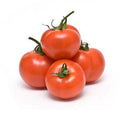

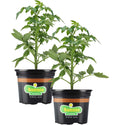
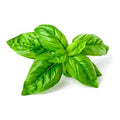 Herbs
Herbs
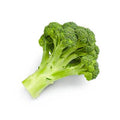 Vegetables
Vegetables
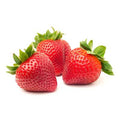 Fruit
Fruit
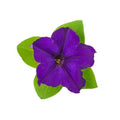 Flowers
Flowers
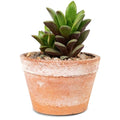 Succulents
Succulents
